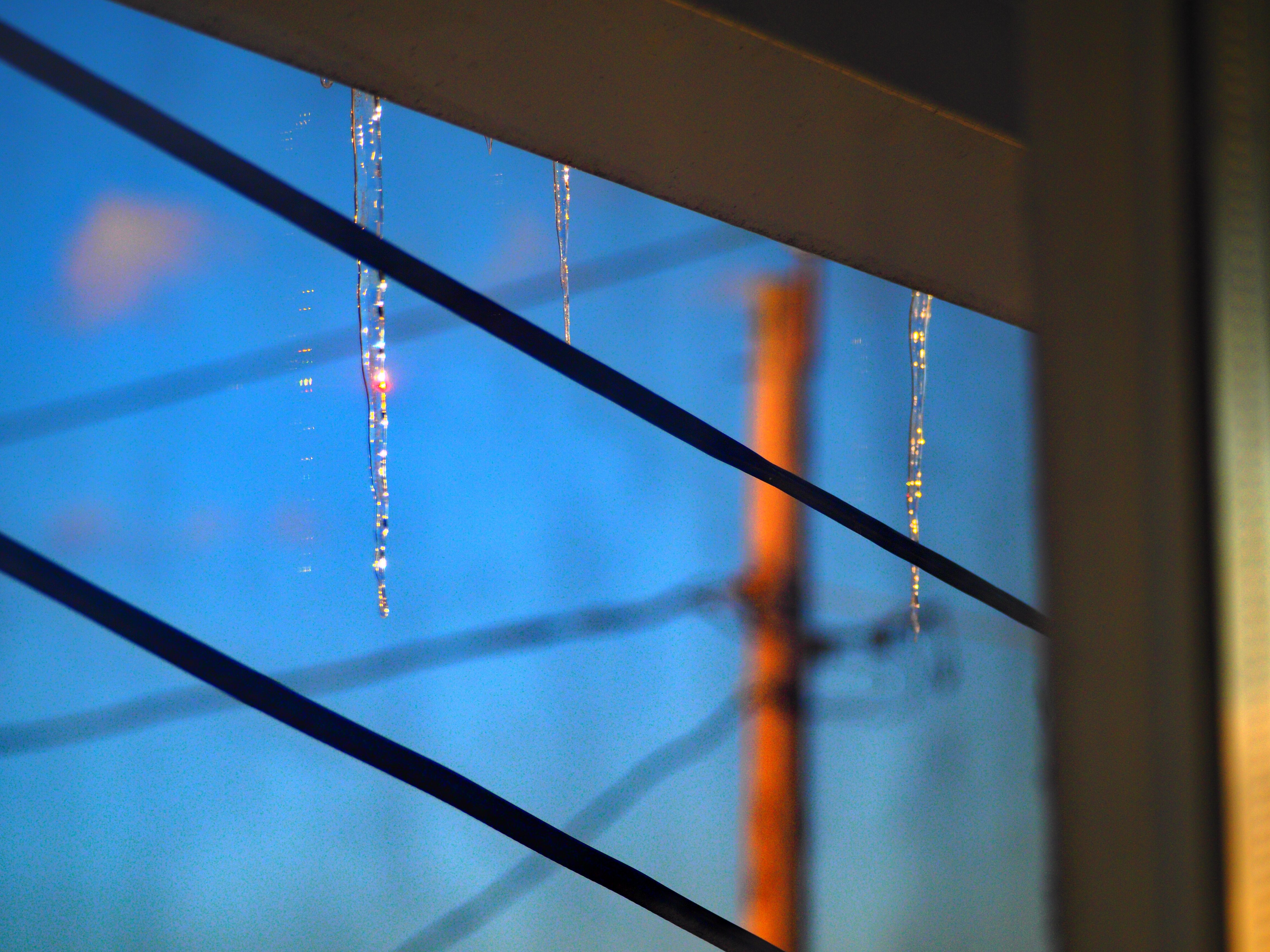-
Posts
44,789 -
Joined
Content Type
Profiles
Blogs
Forums
American Weather
Media Demo
Store
Gallery
Everything posted by LibertyBell
-

Winter 2024-2025 All Tri-State Snowfall Totals Maps
LibertyBell replied to The 4 Seasons's topic in New York City Metro
You should see his maps for 09-10, 10-11, 13-14 and 14-15, a great look back at some of our most memorable winters! It was absolutely seeing a contour of 10 to 15 FEET of snow in 14-15 near Boston! I never thought you could see that much snow at the coast! -
It occurred to me that you moved to the jackpot area of the March 1888 Blizzard, Chris,
-
1783-84 was also our snowiest and coldest winter of that century.
-
Tony, anything for us from these two storms? 1987 - A storm in the eastern U.S. produced high winds from North Carolina to Maine. A storm in the western U.S. produced up to thirty inches of snow in the Sierra Nevada Range of California. (The National Weather Summary) (Storm Data) 1988 - A classic "nor'easter" formed off the Carolina coast and intensified as it moved up the Atlantic coast bringing heavy snow to the northeastern U.S. Totals ranged up to 26 inches at Camden NY and Chester MA. Arctic cold gripped the north central U.S. Duluth MN was the cold spot in the nation with a low of 32 degrees below zero. (The National Weather Summary) (Storm Data)
-
wow lots of extreme cold and deep south snow on this date 1784: Ice floes were spotted in the Gulf of Mexico after passing out the Mississippi River in February 1784. Ice blocked the river in New Orleans, Louisiana. The ice in New Orleans is one of two times that this occurred during the Great Arctic Outbreak of 1899. The eruption of Laki in Iceland from June 8, 1783, through February 7, 1784, is the likely cause for the severe winter of 1783 - 1784. 1899 - Texas and the eastern plains experienced their coldest morning of modern record. The mercury dipped to 8 degrees below zero at Fort Worth TX, and to 22 degrees below zero at Kansas City MO. The temperature at Camp Clarke NE plunged to 47 degrees below zero to establish a record for the state. In the eastern U.S., Washington D.C. hit 15 degrees below zero, while Charleston SC received a record four inches of snow. (David Ludlum) 1899: The bitter cold outbreak of February 1899 continued across the southern Plains, Texas, and the Deep South. The mercury dipped to 8 degrees below zero at Fort Worth, Texas, and 22 degrees below zero at Kansas City, Missouri. Nebraska’s temperature at Camp Clarke plunged to 47 degrees below zero to establish a state record. The all-time record low for Oklahoma City was set when the temperature fell to a frigid 17 degrees below zero, breaking the previous record low of 12 below zero, set on the previous day. Washington D.C. hit 15 degrees below zero, while Charleston, SC, received a record four inches of snow. Snow was also reported in Fort Myers, Tampa, and Tallahassee in Florida. 1958 - Snow blanketed northern Florida, with Tallahassee reporting a record 2.8 inches. A ship in the Gulf of Mexico, 25 miles south of Fort Morgan AL, reported zero visibility in heavy snow on the afternoon of the 12th. (12th-13th) (The Weather Channel) 1960 - A snowstorm in the Deep South produced more than a foot of snow in Louisiana, Mississippi and Alabama. (David Ludlum)
-
that's weird, I thought seasonal affective disorder was because of lack of sunlight and sunlight stimulates serotonin production? UV lamps are marketed to do the same thing Our days are longer now, so it's not like late December short days.
- 338 replies
-
I wonder if it gives you a serotonin boost the same way sunlight does? It makes me feel brighter too, not at all like dark depressing rainy days. Sunlight makes me feel happy in the same way. That's why I like snow and sunshine.
- 338 replies
-
- 1
-

-
Maybe there is a difference with an east facing beach vs a south facing beach in SWFE (a southwest flow is land based when the ocean is to your east, but comes off the ocean when the ocean is to your south.)
-
Yep, that one reminded me of the February 2008 SWFE. It was key that they happened mostly at night and came in with a wall of snow.
-
Yes, some of these storms from the 80s sound very familiar. note-- the amounts were slightly higher back then (colder)? WINTER OF 1984-85 Feb. 5, 1985 - The biggest snow of the winter began this evening and continued through next morning, accumulating 5.7". 3.3" of the snow fell tonight. This came three days after a snowfall of 4.3". After this snow just 0.2" fell for the rest of the winter. WINTER OF 1985-86 Feb. 11, 1986 - The second 4.5" snowfall in the past four days occurred today and occurred between daybreak and noontime. These two small snowstorms accounted for most of the winter's thirteen inches of snow (half of the typical amount).
-
The gradient is different with each storm. For SWFE it's north of here For suppressed systems it's south of here This area does not benefit from gradient patterns because these kinds of tracks don't give significant snowfalls in this area. Add to that for coastal areas being near the ocean makes it even worse for SWFE
-
inland regions are less susceptible to gradient patterns aren't they?
-
Maybe it wasn't a gradient pattern for them but it is for us because we have an ocean to our south.
-
I think it's smart to cut amounts in half.
-
it will still run tonight?
-
we have to get within 5 days for anything to be considered meaningful and within 48 hours to pin down details
-
Let's do it on Sunday when it's 55 degrees and raining lol, something to look forward to.
-
least snowiest winter with a mean temperature below 35.0 in over 30 years, Don.
-
are we switching to a predominantly +PNA cycle now?
-
much less snowy than any of those winters too, from what Chris said, this is the least snowy winter in over 30 years with an average temperature below 35.0
-
is it also the coldest winter with no 4 inch events? If we do somehow get one major snowstorm just before the season ends 2008-09 will be a great analog for this winter.
-

Winter 2024-2025 All Tri-State Snowfall Totals Maps
LibertyBell replied to The 4 Seasons's topic in New York City Metro
our entire area is in double digits now -
14-15 was a superior winter down here to 13-14 (too many mixed events)




